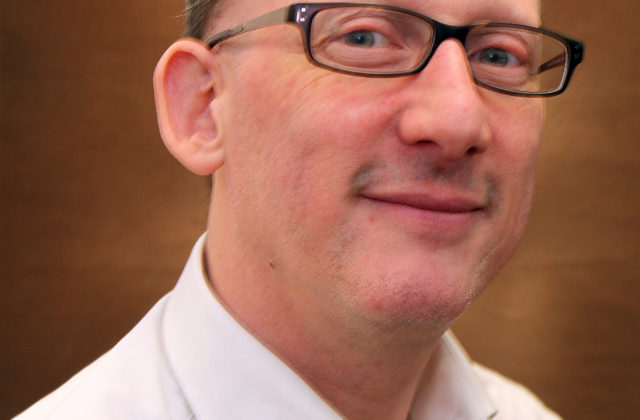Post-deportation and Holocaust exhumations: a comparative approach to the French and Dutch national missions in search of corpses in Germany, 1945-1960
It is not known or remembered that European states after WWII set up search missions in order to recover the corpses of their nationals deported to Nazi concentration and death camps. My project will handle the techniques used by the French and Dutch missions in comparison to fulfill such a task. Forensic medicine, politics and visual culture will be described.
Project Description
In the final months of WWII, deportees’ bodies in Nazi camps were not incinerated but buried in mass graves. Corpses of prisoners who fell in the ‘death marches’, during their evacuation were abandoned on roadsides. After liberation, most of the Western European states created dedicated administrations to recover those deportees’ corpses – all seen as Resistance fighters, even the Jews – and to repatriate them. Whereas the French mission became in late 1946 an autonomous body, the Dutch one remained integrated within the Service of missing persons. For both missions, corpses were the sites of a power play between families, forensic doctors, various administrations, the military, local and religious authorities, etc. The research will consider the material culture around those corpses.
Selected Publications
1) Le catalogue Goering (The Goering Catalogue), with a preface by Laurent Fabius (Paris: Flammarion, September 2015).
2) Corpses in society, with Elisabeth Anstett, series “Human remains and violence”, Manchester, Manchester University Press, December 2016.
3) “The Transfer of Ashes after the Holocaust in Europe, 1945-1960”, Human Remains and Violence. An Interdisciplinary Journal, Volume 1 /2, Autumn 2015, pp. 21-35.
